New research demonstrates the significant economic benefits of efficient aircraft dispatching operations.
Quantifying the Value of Professional Dispatching
A comprehensive study conducted by the Aviation Economics Institute has revealed that airlines with advanced dispatcher operations save an average of $2.3 million annually per 100 aircraft in their fleet. The research, which analyzed data from 50 major airlines over five years, highlights the crucial economic impact of professional dispatching on airline operations.
Key Findings
23%
Reduction in fuel costs through optimized routing
18%
Decrease in weather-related delays
31%
Improvement in on-time performance
The study examined multiple aspects of dispatcher operations, including flight planning efficiency, fuel optimization, weather avoidance strategies, and coordination with maintenance schedules. Airlines that invested in advanced dispatcher training and technology showed the most significant improvements in operational efficiency.
“The data clearly shows that professional dispatchers are not just a regulatory requirement but a significant contributor to airline profitability and operational excellence,” stated Dr. Sarah Chen, lead researcher on the project.
Industry Implications
The findings come at a critical time as airlines face increasing pressure to reduce costs while maintaining safety standards. The research suggests that investments in dispatcher training and technology yield returns of 4:1 within the first two years of implementation.
Several airlines have already begun implementing the study’s recommendations, including enhanced weather prediction systems, real-time fuel monitoring, and advanced route optimization software. The ADF is working with member airlines to develop best practices based on these findings.
